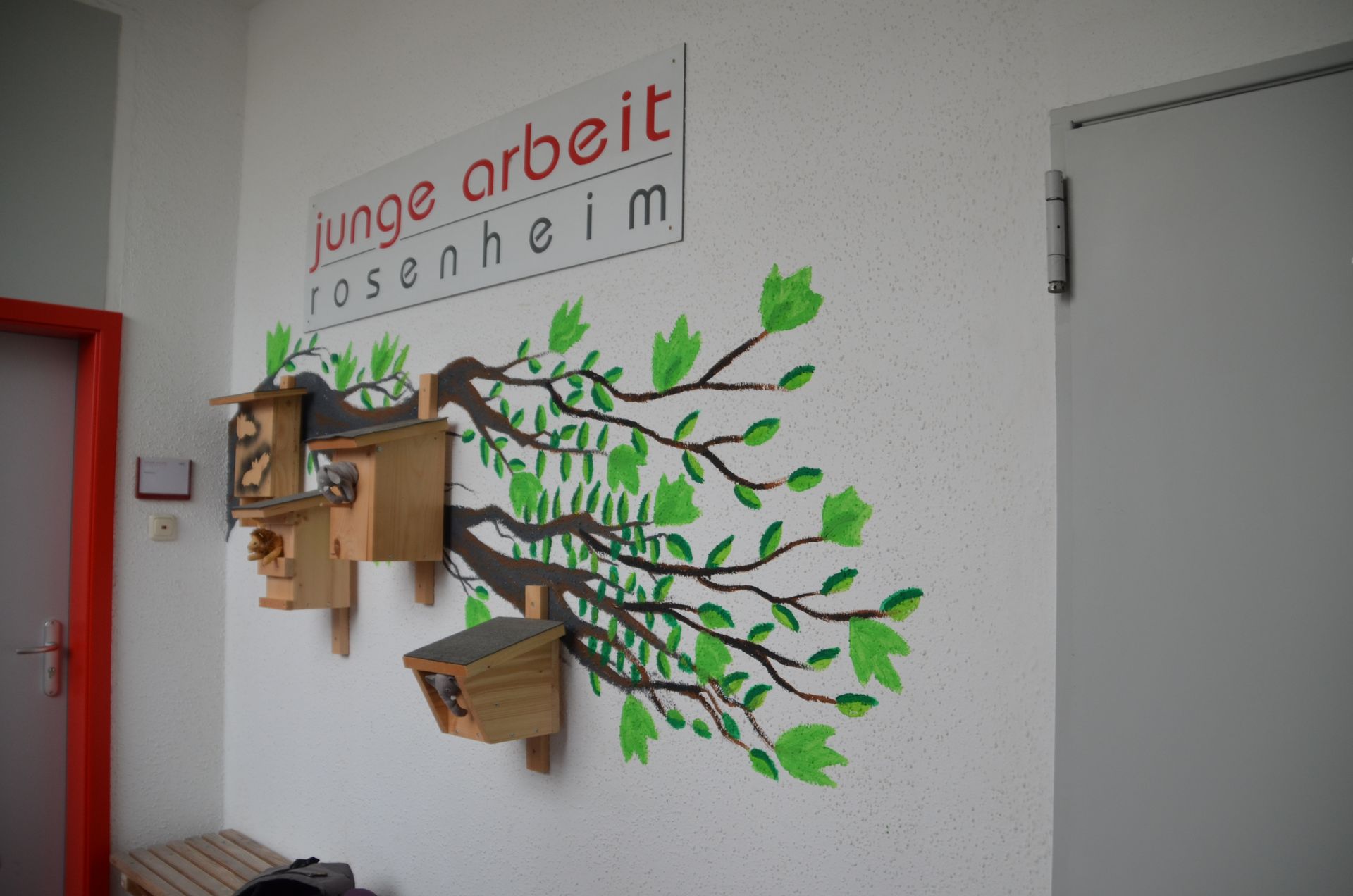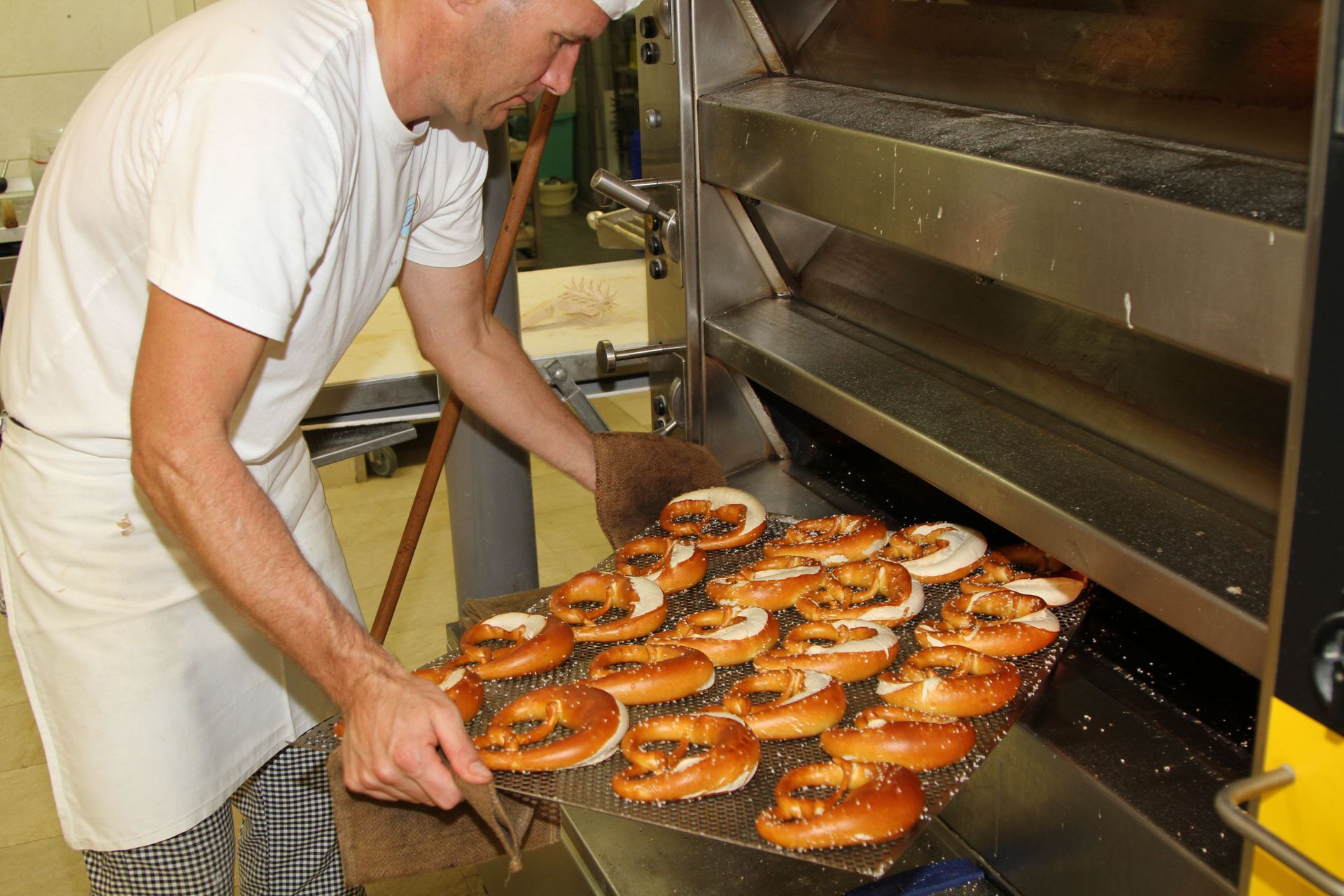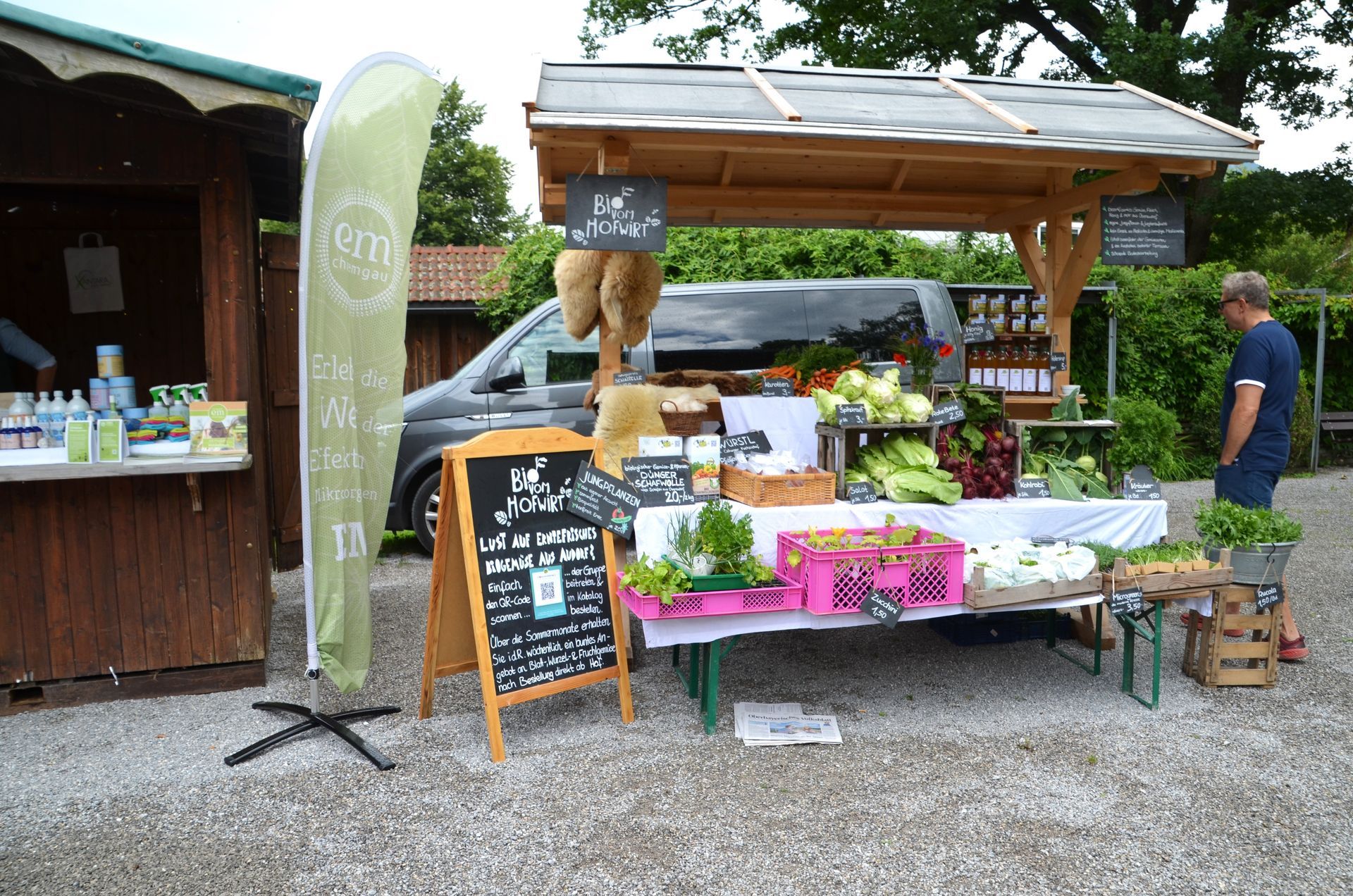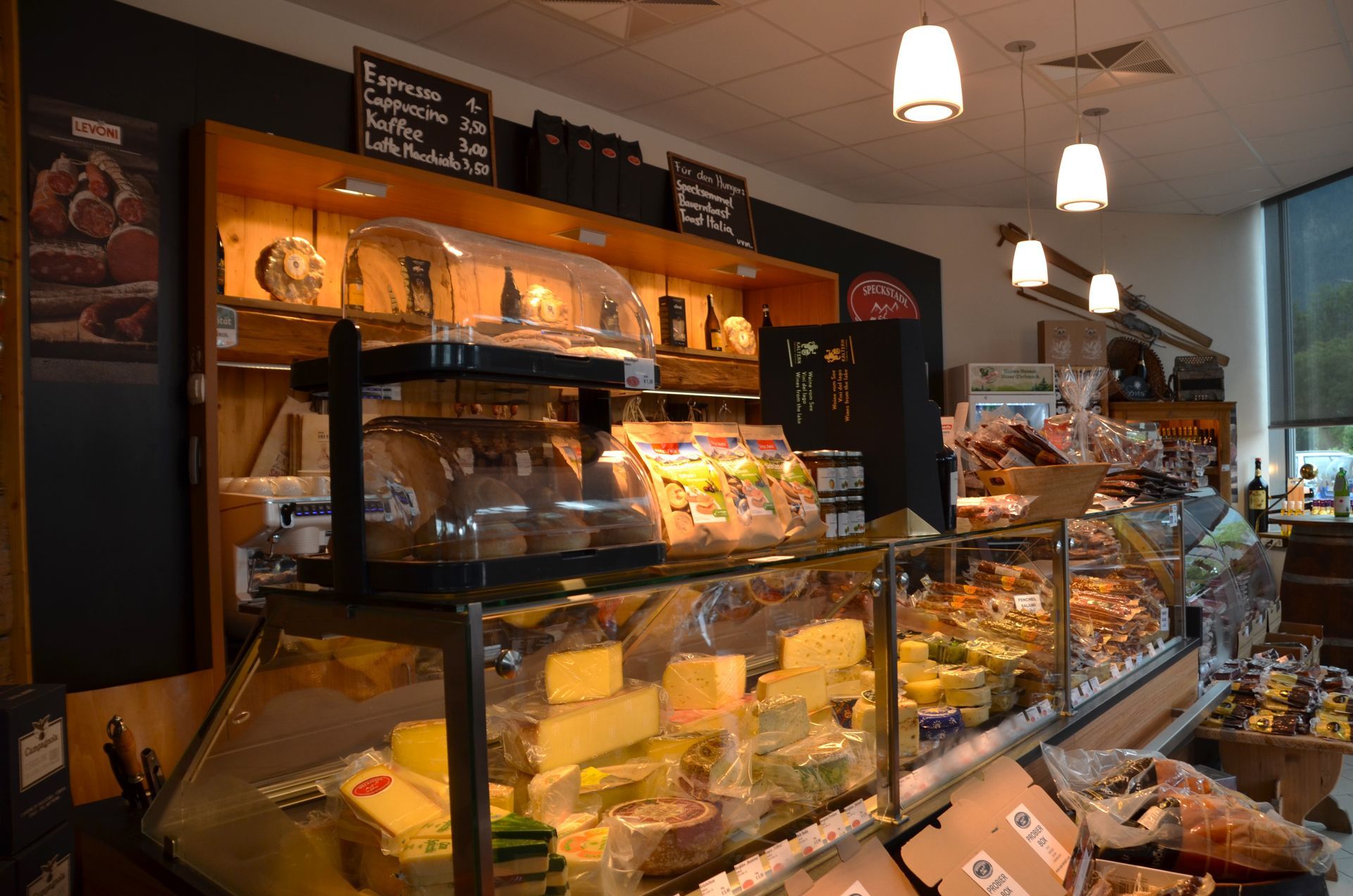The artist Maximilian Erbacher in interview
Heimat ist töten... today, I am your friend...
Maximilian Erbacher’s oevre, including installations and interventions in public space, is concerned in one way or another with artistic examinations of subtle shifts, which force us to re-assess the supposedly known. Led by his discerning gaze, we come to places where communication between people and their environment seems no longer possible.
Erbacher studied graphic arts at University of Applied Sciences Augsburg, Germany, media arts at University of Ulster Belfast, North Ireland followed by the Academy of Media Arts Cologne, Germany, with Valie Export and Jürgen Klauke.
His works have been previously shown amongst others in MOD Institut Bangalore (India 2014), Lena Brüning Gallery (Berlin, 2012), Mirko Mayer Gallery (Cologne 2011), Jonkang Lu Art Shanghai (China 2010), Städtische Skulpturenmuseum Heilbronn (Germany 2009), Zentrum Beeldende Kunst Rotterdam (Netherlands 2003), Taipei Fine Art Museum (Taiwan 2002) amongst others. With a DAAD stipend he has also taught media arts and performance at the Universityof Pécs (Hungary 2011).
Heimat ist Töten
What was this performance about?
I used an air gun and me as a target. People could choose wether to shoot the gun in my direction or even directly on to me. Four out of fourteen women did actually shoot, ten out of twenty-one men did so, too.
Did you wear a safety vest?
No, I was wearing a parka under a t-shirt and skiing glasses.
Were you scared at one point?
Yes, when I was hit on my hand and it started to bleed, I was quite alarmed.
That´s when I realized I was actually vulnerable. But I wouldn´t have broken up the performance. It was a one-time experience though, to stage a performance like this.
I did not go further in this direction.
Today I am your friend
Tell me about this project.
Today I am your friend is the message I wrote on a piece of paper with my mobile number underneath to be torn off. Like the many messages you find in the streets daily, sticked on lamp posts or traffic light poles.
What was the reaction?
A lot of people called me and I would ask them: what would a friend for one day be to you? Actually, I did not have to explain much, the people, more women than men, knew exactly what they would like me to be.
Were the callers mostly “friendly”?
Only one time I got a strange call and did not want to meet that person. It was not easy to shake him off. He stated that he found a great interest in pedophilia and so I stopped asking any more questions …
Kind of scary – so, what were the “normal” situations like once you met up?
In almost all of the meetings, after doing some carpet cleaning or fixing of amenities or carrying stuff, there was a basis of trust between us. I felt like a social therapist because people got into very personal, very existential topics right away. They did not shy the camera, either.
There was a transvestite in Shanghai you told me about…?
Yes, an elderly man in his transvestite attire was driving on his scooter past my “Hole-in-the-Wall” office several days in a row. After the third day or so, he came in and invited me to his place. It was a luxurious apartment, a little bit run down, with a Bechstein piano and a violine and loaded book shelfs. He lived in these surroundings quite isolated from the outside world. Books served as his companions. There was no one he could really get into any deeper conversations with. He was speaking 3-4 languages fluently.
Postsocialist countries – there was a common phenomenon, right?
Quite striking, yes. In Pécs, Hungary and Shanghai, China there was this sense of NO trust. Family was very important and kept like a closed circle.
So many women, so little time…?
Well… spontaneous marriage invitations, asked to be a friend for more than one day in a row with relationship advances, calls out of school classrooms with clear intentions from a teenage girl… I could tell you many more stories …
Any intentions of becoming a therapist now?
No, it was so very intense in almost all the meetings that I felt a deep emptiness after the week the performance was over. I had never thought that it would be so strenuous to engage in these interactions. But I always jumped in straight away and didn´t care about the boundaries or consequences – in that way, I was doing a lot more than your average therapist could offer…
What will become of the now registered trademark?
Actually, I can see it in a TV format. If RTL would offer me a reasonable price, I would go for it. There are so many people that are ready to strip down in front of an audience, you can see it in the daily programs and audience reactions.
You were spontaneously incorporated in a movie, how did this come about?
The munich filmmaker Klaus Lemke saw my messages in the street of Munich Maxvorstadt and used them as the main plot in his film “Der schmutzige Süden” in 2010. I got to meet him and do a lengthy interview - a very witty man with some true insights on Munich society.
Fotos (c) Maximilian Erbacher
Published on my Blog in October, 2015
Conni Lechner I Hirterstr. 10 I 83064 Raubling I mail@connilechner.de










